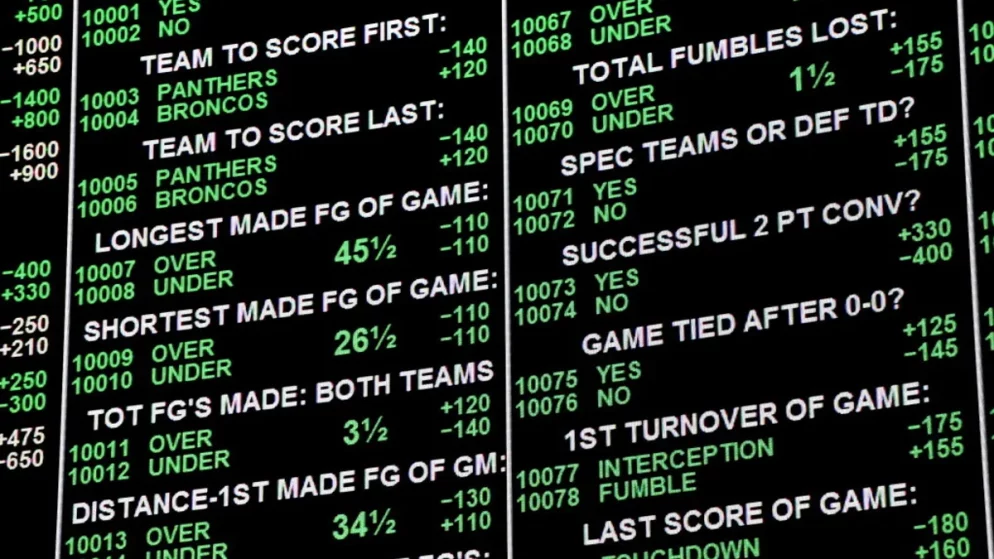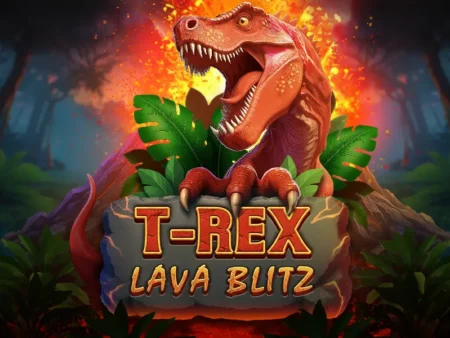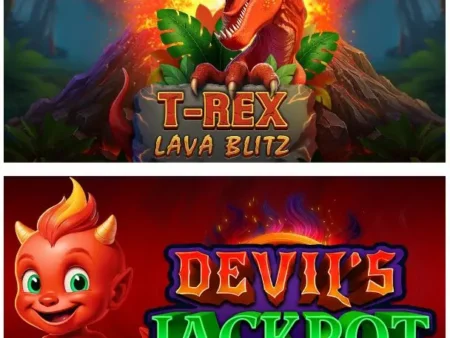

The wait for legal sports betting in Florida continues, with a new filing by a plaintiff in a case involving the legality of the Seminole-State of Florida compact in the United States Circuit Court of Appeals on Sunday. The fate of the compact, which was essentially declared illegal by a U.S. District Court judge last November, is still up in the air.
Six months after District Court Judge Dabney Friedrich vacated the Florida Seminole Tribe-State of Florida compact, the plaintiff, Monterra AF LLC, argued in a filing on Sunday that its case should be heard in the appellate court, in part because it is arguing for the right of voters to decide on gambling expansion.
Monterra was asked to explain why it had caused earlier this year, and the court hinted that it might dismiss the case.
When Could it Come to Florida?
Regardless of how the court rules on the motion, legal wagering in Florida is only a matter of months — if not years — away. While the compact works its way through the courts, with some legal experts predicting that the case will end up in the Supreme Court, a voter referendum, which is the only other way to legalize it, will not take place this year.
The political committee working with DraftKings and FanDuel to get an initiative on the ballot in 2022 gave up collecting enough signatures for verification in late January. The operators have not stated whether they will try again for the 2024 election.
Despite their divergent interests, they have the same goal in mind. They’ve asked the courts to declare the compact unconstitutional and order the Seminoles to shut down their digital platform, as the Hard Rock Digital sports betting platform did late last year.
What Does the Platform Look Like Now?
The platform’s future is now uncertain, though the tribe may pursue other legalization options, including a voter referendum.
The two plaintiffs have stated that their reasons for going to court in the first place are different. The lawsuit was filed by West Flagler and the Bonita Springs Card Room because the compact restricted their economic opportunities and effectively gave the Seminoles a gambling monopoly.
Meanwhile, lawyers for Monterra AF LLC said that their major point is that any expansion of gaming in Florida must be chosen by voters but that the tribe’s sports betting was never put to a referendum.
Rather, the Seminoles and Gov. Ron DeSantis reached an agreement, which was ratified by the Florida legislature and the U.S. Department of the Interior.
Last November, a single judgment in U.S. District Court concluded the two separate plaintiff lawsuits, albeit they were never combined. Friedrich presided over both cases at the same time at the time.
She stated in her conclusion that the compact violates the Indian Gaming Regulatory Act but that the Monterra group’s motion for summary judgment was moot since “vacating the compact properly redresses” the group’s harms.
Friedrich refused the Seminoles’ plea to intervene in the case and the DOI’s request to dismiss both complaints around the same time. However, the decision to dismiss Monterra’s complaint as “moot” raises the issue of whether the matter may be appealed.
Monterra’s attorneys contend that Friedrich’s decision may be challenged since the district court was “thoroughly disengaged” from the matter, and there was finality from the district court.
They went on to say that the district court’s denial of the DOI motion to dismiss is reviewable, that the court has jurisdiction, and that while vacating the compact effectively means the court found in Monterra’s favor, the court retains the right to defend the district court’s decision as appeals are filed.
Last Updated on by Ryan











